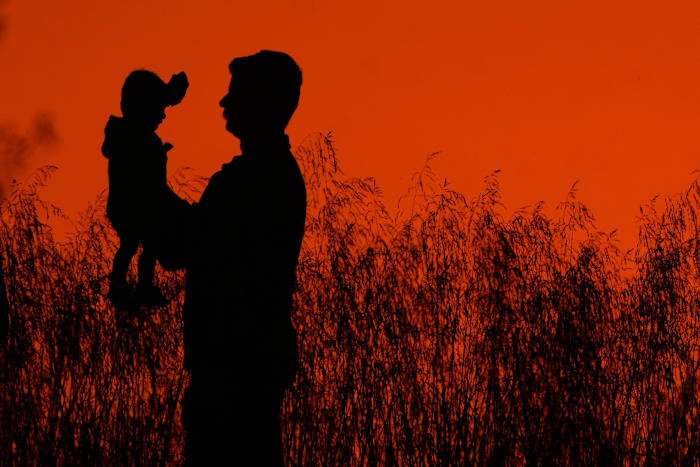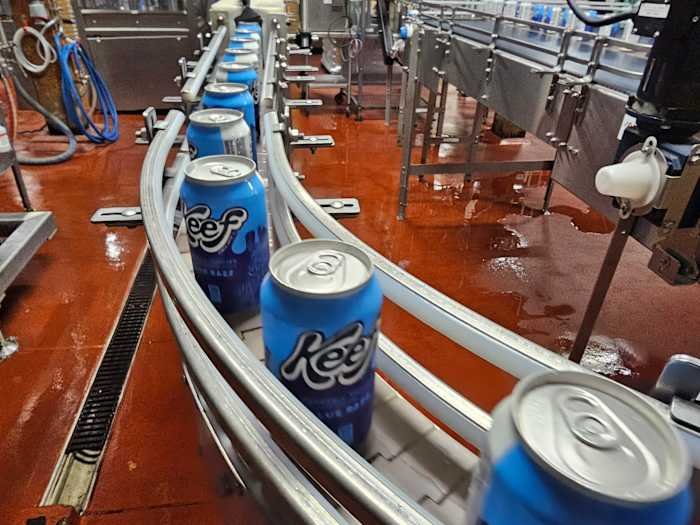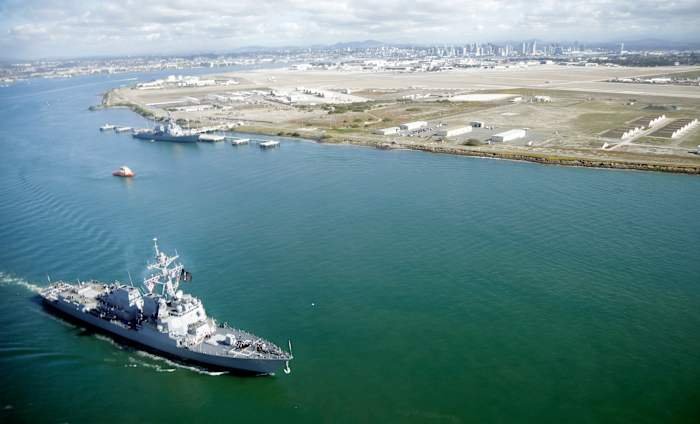Introduction
Across the United States, and increasingly here in Orlando, a growing number of young adults are voicing a new kind of anxiety: climate change is making them reconsider having children. While global warming and environmental issues have long been the subject of scientific debate and activism, they are now influencing the most personal of decisions for many in the younger generation. As temperatures rise and storms intensify in Central Florida, the question of whether to bring children into an uncertain world is becoming more urgent than ever before.
Climate Change Anxiety: A Growing Phenomenon
Eco-anxiety—the chronic fear of environmental doom—has entered the mainstream, especially among Millennials and Gen Z. Multiple national surveys, such as the 2021 Pew Research Center report, show that nearly 40% of Americans between the ages of 18 and 34 say climate change is making them question their plans for parenthood. The daily barrage of news about wildfires, hurricanes, record-breaking heat, and rising sea levels only fuels these concerns.
In Orlando, the anxiety is tangible. The city has experienced increasingly severe hurricane seasons and sweltering summers, and local environmental groups report a spike in young residents expressing fears about the future. Social media platforms like Instagram and TikTok are filled with posts from Orlando residents discussing the moral and practical dilemmas of raising children in a warming world.
Personal and Practical Concerns for Young Orlando Residents
For many young people in Orlando, the decision to delay or forego having children is not only about the global climate crisis, but also about local impacts. Rising temperatures have led to higher utility bills, more frequent flooding, and health concerns related to heat and air quality. The question for many is: if life is already this challenging, what will it be like for the next generation?
Jessica Morales, a 27-year-old teacher in Winter Park, shares, “I worry about whether my future children would have a safe place to grow up. Between the hurricanes and the heat, I’m not sure I want to bring a child into this uncertainty.”
Financial concerns play a role too. With the cost of living rising in the Orlando area and the added burden of climate resilience measures—like flood insurance and storm-proofing homes—some young adults feel the prospect of raising children is simply too daunting.
Environmental Responsibility or Existential Fear?
Some young people frame their decision as an act of environmental responsibility. By choosing to have fewer children, they believe they are reducing their carbon footprint and helping to slow global population growth. This sentiment has been echoed by activists and even some scientists.
Others, however, are motivated more by existential fears than activism. The unpredictability of climate change—will Orlando become unlivable in 50 years? Will hurricanes become stronger and more frequent?—creates a sense of helplessness. As one University of Central Florida student put it, “I don’t want my kids to have to deal with problems that seem out of our control.”
Local organizations, such as IDEAS For Us and the Central Florida Climate Action, have started offering support groups and community events to help young people process their anxieties and find ways to take meaningful action.
How Orlando Is Responding
Recognizing the impact of climate anxiety on its younger residents, the City of Orlando has launched several initiatives aimed at both mitigating climate change and supporting mental health. The Orlando Sustainability Action Plan sets ambitious goals for renewable energy, clean transportation, and green spaces, aiming to make the city more resilient and sustainable for future generations.
Meanwhile, local universities and nonprofits are expanding counseling services and climate education programs to address the mental health aspects of eco-anxiety. Orlando Health, for instance, has seen an uptick in young patients citing climate change as a source of stress and is working to train counselors in this emerging field.
Community leaders encourage young people to get involved in local environmental projects, from tree planting to clean-up drives, as a way to channel anxiety into action and foster hope for the future of Orlando.
Conclusion
Climate change is no longer just a distant threat—it’s a personal and immediate concern shaping the most intimate decisions of Orlando’s younger generations. As eco-anxiety grows, so does the determination to make a difference. Whether it’s through activism, advocacy, or difficult personal choices, young people in Orlando are grappling with the realities of global warming in deeply profound ways.
What do you think? Has climate change influenced your decisions about the future or family planning? Share your thoughts in the comments below—we want to hear from you!
















